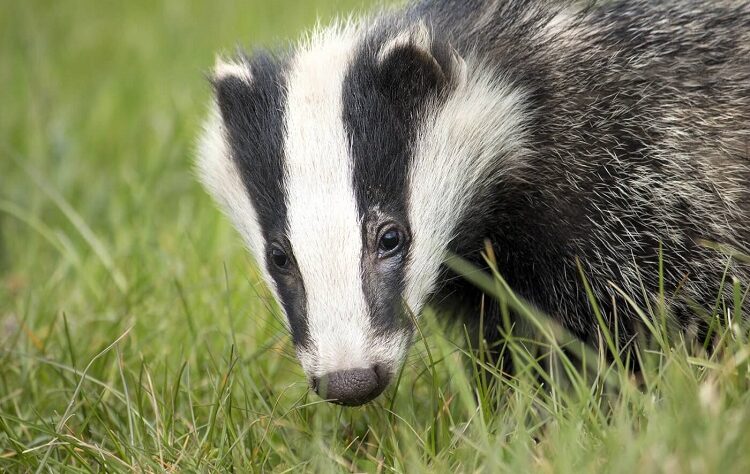Badgers are an often-overlooked mammal that can significantly impact their ecosystem. Individuals who believe that badgers are hazardous to people will undoubtedly find their answer after reading this article. These burrowing animals are found in various habitats, from woodlands to grasslands, and are known for their distinctive black and white striped faces. While they may be elusive and nocturnal, badgers play an important role in maintaining the balance of their ecosystem.
Table of Contents
Benefits Of Badgers
One of the most significant benefits of badgers is their ability to create and maintain burrows. Badger caves can be quite complex, consisting of tunnels and chambers extending up to 10 meters underground. These caves provide a haven for badgers to rest, raise their young, and serve as homes for other animals. Over 300 species have been found to use badger burrows, including rabbits, foxes, weasels, and even some species of birds.
Opportunistic Feeders
Badgers are also opportunistic feeders, which means they eat a wide range of foods, from small mammals and birds to insects and plants. This makes them important predators in their ecosystem, as they help to control populations of small mammals and insects. Badgers also play an important role in the nutrient cycling of their ecosystem. When they dig through the soil in search of food, they aerate the ground, which can improve its fertility and help plants grow.
Controlling The Spread Of Disease
Another benefit of badgers is their role in controlling the spread of disease. Badgers are known to eat carrion, the dead bodies of animals. By consuming carrion, badgers help remove dead animals from the environment, preventing the spread of diseases that could otherwise infect other animals or humans.
Threats To Badgers
Unfortunately, badgers face several threats, including habitat loss and fragmentation, hunting, and road traffic accidents. Badgers are also killed in some parts of the world for their fur. These threats can have significant impacts on the populations of badgers, as well as the ecosystems they inhabit. As such, it is important to protect badgers and their habitats to ensure they can continue providing their important benefits to the ecosystem.
Conclusion
In conclusion, badgers are an important part of many ecosystems, playing a vital role in maintaining the balance of their environment. From creating and maintaining burrows to controlling populations of small mammals and insects, badgers have a wide range of benefits that should not be overlooked. Protecting badgers and their habitats is crucial for the health and sustainability of ecosystems worldwide.
FAQs
Q: What do badgers eat?
A: Badgers are opportunistic feeders and eat a wide range of foods, including small mammals, birds, insects, and plants.
Q: Why are badger burrows important for other animals?
A: Badger burrows can provide homes for over 300 species of animals, including rabbits, foxes, weasels, and birds. These caves can offer protection and shelter from predators and harsh weather conditions.
Q: What are some threats to badger populations?
A: Badgers face several threats, including habitat loss and fragmentation, hunting, road traffic accidents, and the fur trade. These threats can have significant impacts on badger populations and their ecosystems.

